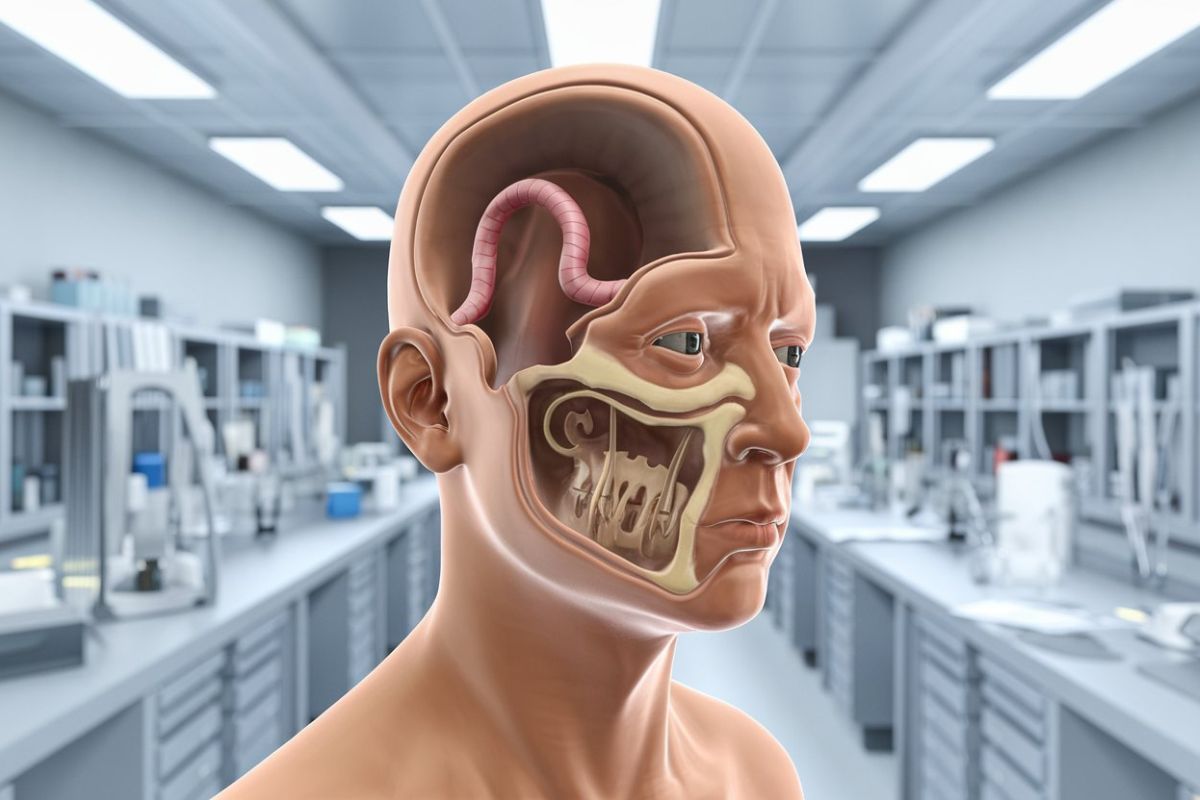
Apo A-I deficiency is a rare genetic disorder that affects the body's ability to produce apolipoprotein A-I, a crucial component of high-density lipoprotein (HDL) cholesterol. HDL cholesterol is often called "good cholesterol" because it helps remove bad cholesterol from the bloodstream. People with this deficiency have very low levels of HDL, which can lead to an increased risk of cardiovascular diseases. Symptoms might include corneal opacities, xanthomas, and early-onset heart disease. Understanding this condition is vital for managing health risks and improving quality of life. Here are 15 facts to help you grasp the essentials of Apo A-I deficiency.
What is Apo A-I Deficiency?
Apo A-I Deficiency is a rare genetic disorder affecting the body's ability to produce apolipoprotein A-I, a crucial component of high-density lipoprotein (HDL) cholesterol. This deficiency can lead to various health issues, primarily related to cardiovascular health. Here are some intriguing facts about this condition.
-
Genetic Origin: Apo A-I Deficiency is inherited in an autosomal recessive manner, meaning both parents must carry the defective gene for a child to be affected.
-
HDL Cholesterol Impact: Individuals with this deficiency have very low levels of HDL cholesterol, often referred to as "good" cholesterol, which is essential for removing excess cholesterol from the bloodstream.
-
Cardiovascular Risks: Due to low HDL levels, people with Apo A-I Deficiency are at a higher risk of developing cardiovascular diseases, including heart attacks and strokes.
-
Symptoms Vary: Symptoms can range from mild to severe and may include xanthomas (fatty deposits under the skin), corneal opacities, and early-onset cardiovascular disease.
-
Diagnosis: Diagnosis typically involves blood tests to measure HDL cholesterol levels and genetic testing to identify mutations in the APOA1 gene.
How Does Apo A-I Deficiency Affect the Body?
Understanding the impact of Apo A-I Deficiency on the body helps in managing and treating the condition effectively. Here are some key effects.
-
Cholesterol Transport: Apo A-I plays a vital role in the reverse transport of cholesterol from tissues to the liver for excretion. Deficiency disrupts this process, leading to cholesterol buildup.
-
Inflammation: Low HDL levels can result in increased inflammation in the arteries, contributing to atherosclerosis, where arteries become clogged with fatty deposits.
-
Liver Function: The liver's ability to process and remove cholesterol is compromised, potentially leading to liver-related issues.
-
Eye Health: Corneal opacities, a condition where the cornea becomes cloudy, can occur due to cholesterol deposits in the eyes.
-
Skin Manifestations: Xanthomas, yellowish deposits of cholesterol-rich material, can appear on the skin, particularly around the eyes and joints.
Treatment and Management of Apo A-I Deficiency
Managing Apo A-I Deficiency involves a combination of lifestyle changes, medications, and regular monitoring. Here are some treatment approaches.
-
Lifestyle Changes: Adopting a heart-healthy diet, regular exercise, and avoiding smoking can help manage cholesterol levels and reduce cardiovascular risks.
-
Medications: Statins and other cholesterol-lowering medications may be prescribed to help manage cholesterol levels and reduce inflammation.
-
Regular Monitoring: Regular check-ups with a healthcare provider to monitor cholesterol levels and cardiovascular health are crucial for managing the condition.
-
Gene Therapy: Research is ongoing into gene therapy as a potential treatment, aiming to correct the genetic mutation causing the deficiency.
-
Support Groups: Joining support groups can provide emotional support and practical advice for managing the condition, helping individuals and families cope better.
Final Thoughts on Apo A-I Deficiency
Apo A-I deficiency, a rare genetic disorder, significantly impacts cholesterol metabolism. This condition can lead to early-onset cardiovascular disease and other health complications. Understanding the symptoms, such as low HDL cholesterol levels and potential heart issues, is crucial for early diagnosis and management. Genetic testing plays a vital role in identifying this deficiency, allowing for personalized treatment plans.
Lifestyle changes, including a healthy diet and regular exercise, can help manage the condition. Medications may also be prescribed to increase HDL levels and reduce cardiovascular risks. Ongoing research aims to develop new therapies and improve patient outcomes.
Staying informed about Apo A-I deficiency empowers individuals to take proactive steps in managing their health. By raising awareness and supporting research, we can hope for better treatments and improved quality of life for those affected by this rare disorder.
Was this page helpful?
Our commitment to delivering trustworthy and engaging content is at the heart of what we do. Each fact on our site is contributed by real users like you, bringing a wealth of diverse insights and information. To ensure the highest standards of accuracy and reliability, our dedicated editors meticulously review each submission. This process guarantees that the facts we share are not only fascinating but also credible. Trust in our commitment to quality and authenticity as you explore and learn with us.


